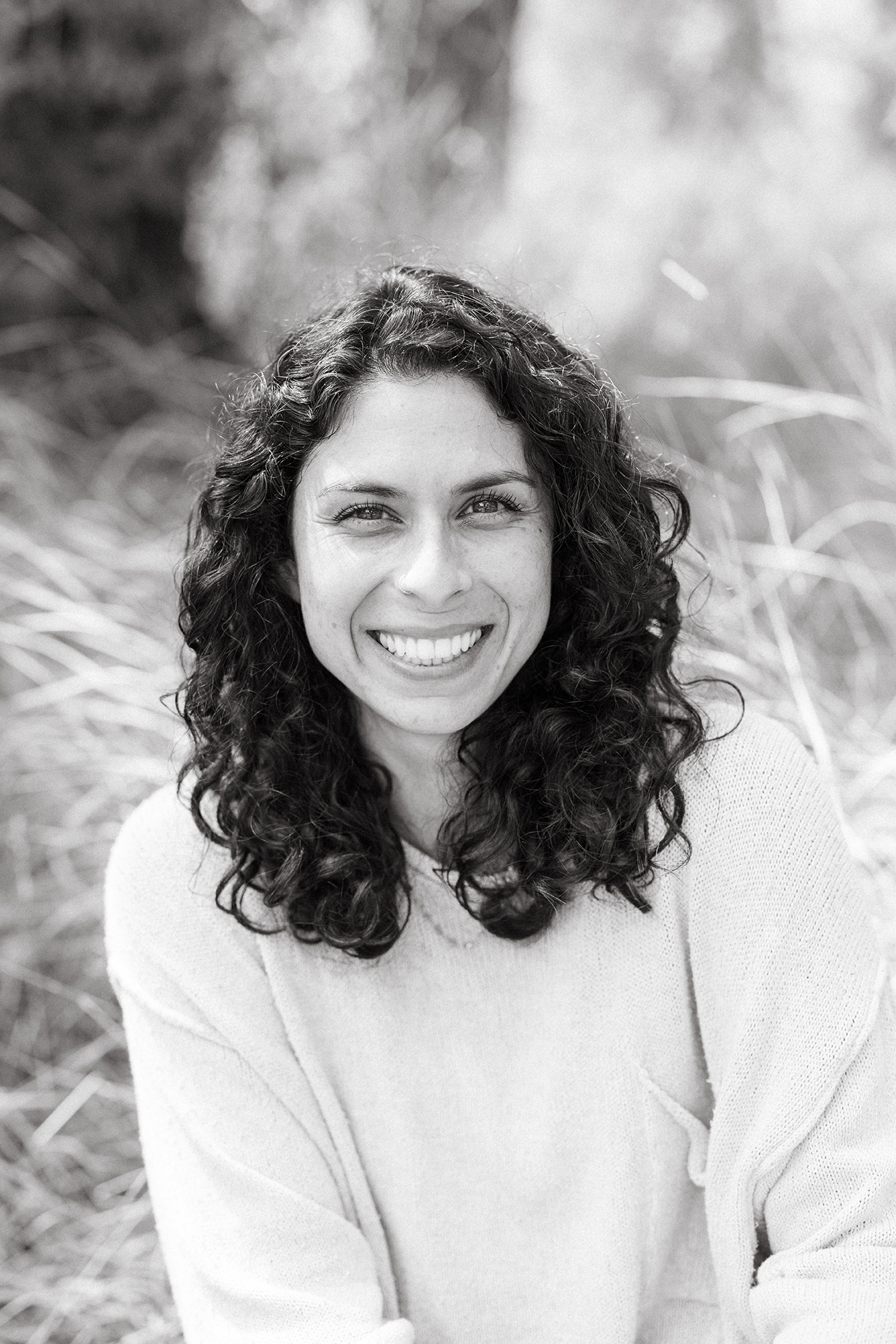
Interview with Alexa Rose, a Fort Collins & Northern Colorado Doula: Holding Space Through Pregnancy, Birth & Beyond
Ever wonder what a doula really does—or why their presence can feel like magic during one of the most transformative seasons of life?
In this intimate Q&A with Alexa Rose, we dive into the heart, philosophy, and practice of a Fort Collins doula who brings soul, strength, and deep support to the women and families she serves. Whether you’re doula-curious or considering birth support for your own journey, this conversation is full of powerful insights and tender truths.
Pictured below is Alexa with her boys.
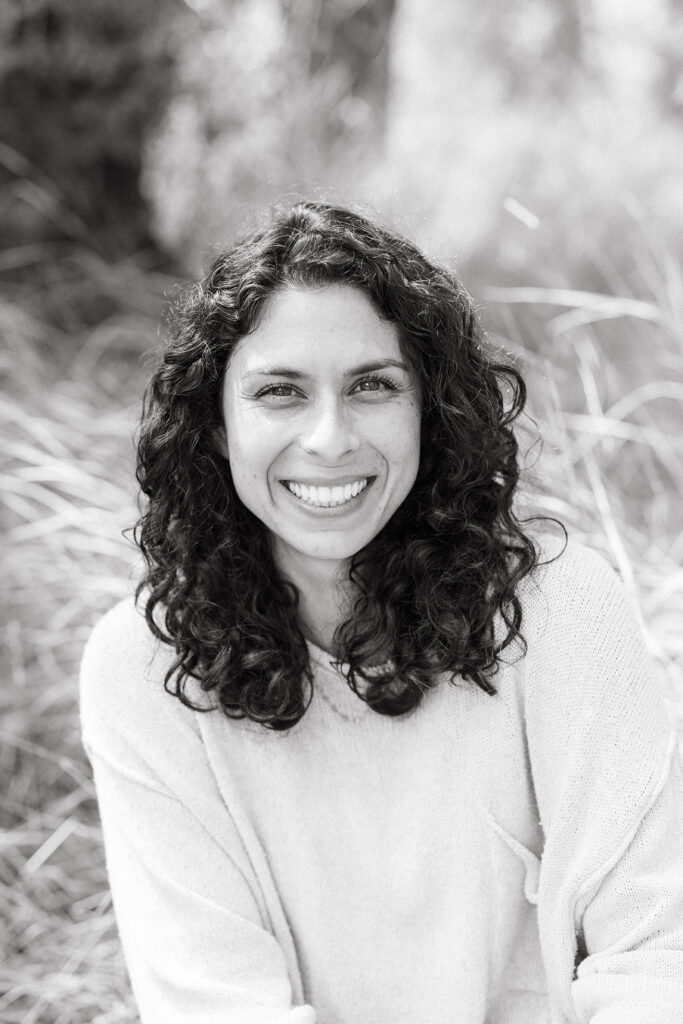
Personal & Foundational Questions
What inspired you to become a doula?
I’ve always loved being around children and caring for babies. I nannied from a young age, and as I grew older, that love naturally extended to birth. If I’d known about midwifery school in high school, I would’ve gone! Instead, I discovered the path of a doula after college—and dove in headfirst.
How would you describe your role during pregnancy, birth, and postpartum?
It really varies from birth to birth. During pregnancy, I meet with families to explore birth options, emotional and spiritual readiness, and practical advice (think breast pumps, baby monitors, or co-sleeping).
At the birth itself, I do whatever the birthing person needs—offer drinks and food, create calming spaces with oils and music, help with physical support like positions and pressure, and provide grounding words during intense moments. I also clean up, hold space, and reassure. What I don’t do: anything medical. No stitches, no exams.

What kind of training or certification did you go through to become a doula?
I trained through DONA International and did an apprenticeship at a birth center. I’ve also taken additional classes—placenta encapsulation, for instance—and I’m a lifelong learner. Some of my favorite reads? The Business of Birth, Ina May’s Guide to Childbirth, Spiritual Midwifery… the list goes on.
How would you describe your philosophy or approach to birth work?
I believe the birthing woman is the ultimate authority on her birth. Period. I’m there to support her—not the partner, not the doctor—her. I believe birth is deeply spiritual and emotional. When a woman has done the inner work—reflecting on her fears, strengths, beliefs, mortality—birth becomes a space of deep trust and even pleasure. I host birth classes to help guide women to that space.
What’s one misconception people often have about doulas?
People often confuse doulas with certified midwives. Doulas aren’t regulated by the same laws, which means we’re free to support women through things like going past 42 weeks, choosing not to have GBS antibiotics, or birthing how they truly want. We’re not limited by policies—we’re rooted in presence.
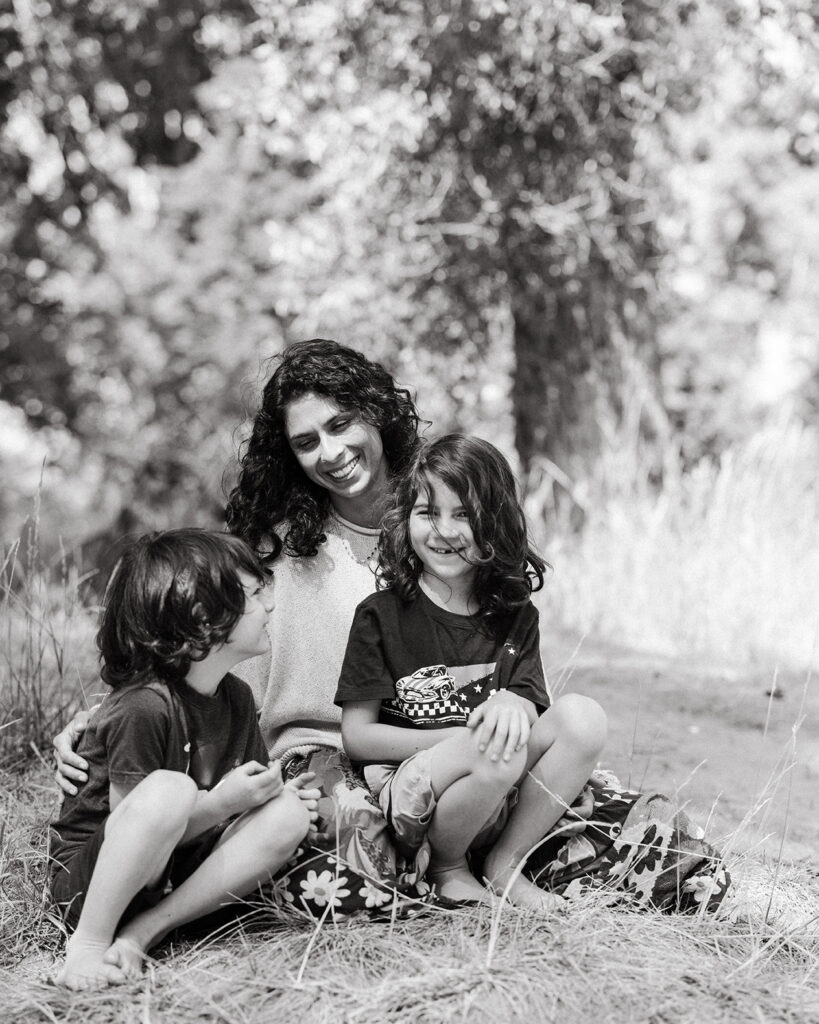
Pregnancy & Birth Support
How do you support clients during pregnancy before labor begins?
However early or late they want me there! We build a relationship, have intentional conversations, and prepare together for the big day.
What does support look like during labor and delivery?
It’s different every time. It might mean walking through early labor, making snacks, offering hip squeezes, holding hands during waves, or simply being a steady presence.
Can you share a time when your presence made a difference for a birthing person?
Honestly? Every time. Studies show doulas improve birth outcomes—sometimes just by standing in the corner. When a woman knows she’s supported, she steps into her power.
How do you work alongside partners during birth?
I care for them too—feeding them, guiding them on ways to support their partner, giving them breaks when needed. We’re a team, and I help them shine.
Do you advocate for your clients in hospital or clinical settings?
No. I no longer attend hospital or birth center births. The trauma I witnessed was too much. I believe in holding space for powerful, joyful births—and that’s the work I’m called to do.
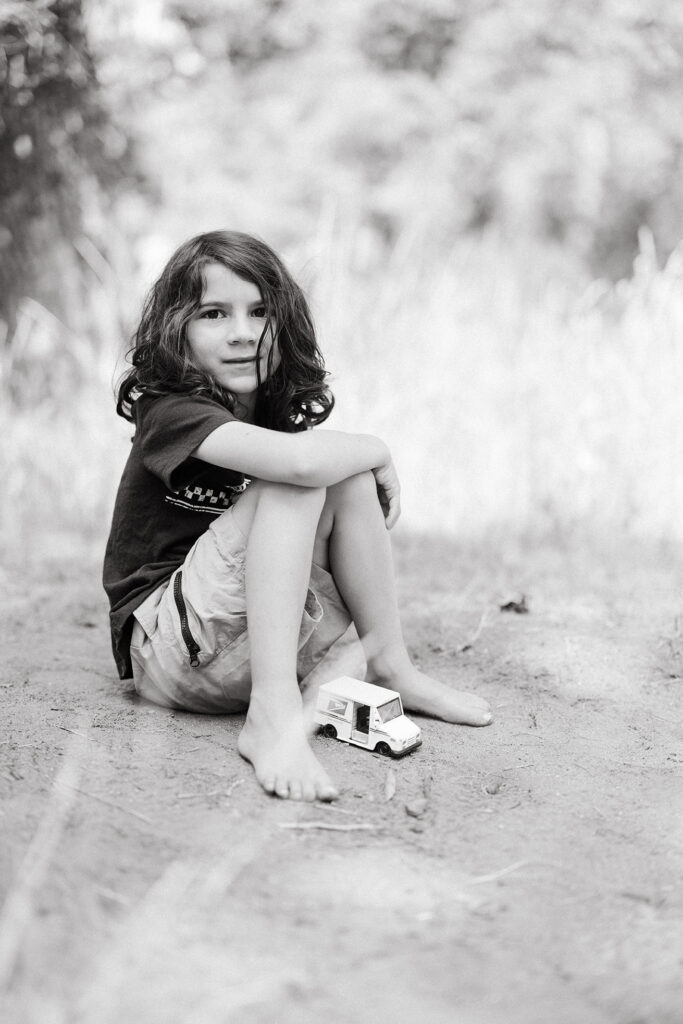

Postpartum Care
How does your support continue after the baby is born?
I bring nourishing meals, help process the birth story, fold laundry, offer emotional support, talk breastfeeding—whatever is needed.
Do you assist with breastfeeding, sleep, or baby care?
Absolutely. I’m there to help with the real stuff—feeding, soothing, and all the weird and wonderful parts of the fourth trimester.
What’s something new parents often don’t expect about postpartum?
The wild emotions. The hormonal drop is real, and it shows up in all kinds of ways—tears, anger, anxiety, joy, exhaustion. Having non-judgmental support is everything.

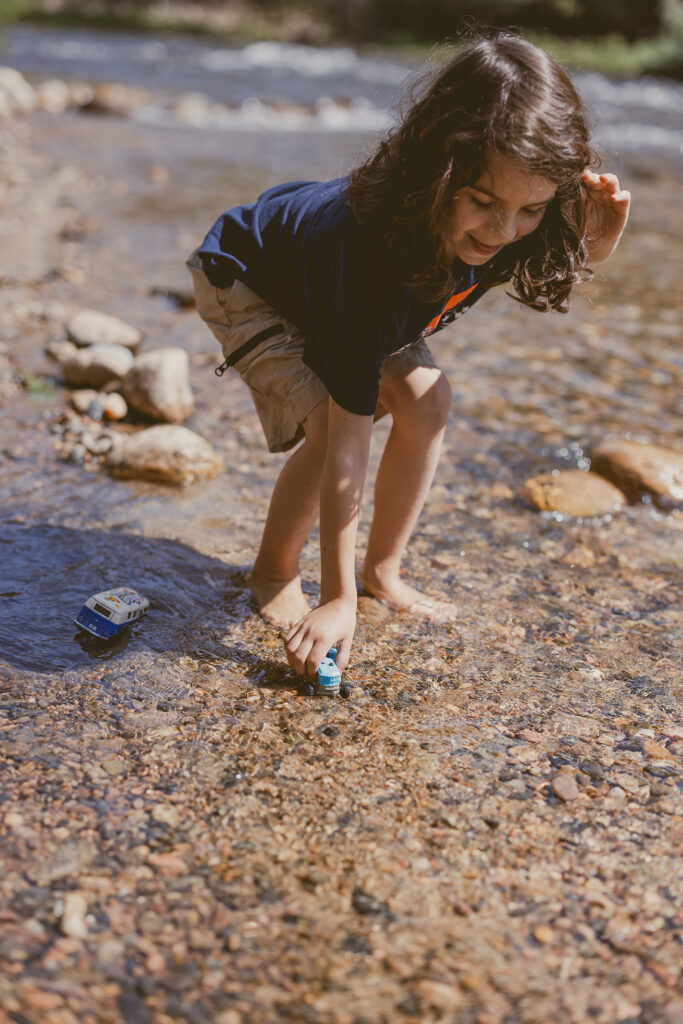
Emotional & Holistic Benefits
How do you help your clients feel more confident or empowered during birth?
We do fear release exercises, meditations, journaling, and lots of education so they feel ready, grounded, and capable.
What kind of emotional transformations have you witnessed in your clients?
It’s incredible. I’ve seen women go from fearful to excited—ready to meet birth with intention and strength.
Why do you believe emotional support is just as important as medical care?
Because birth isn’t a medical emergency—it’s a rite of passage. It cracks you open, spiritually and emotionally. Strip that away, and you miss the magic. Birth should be sacred.
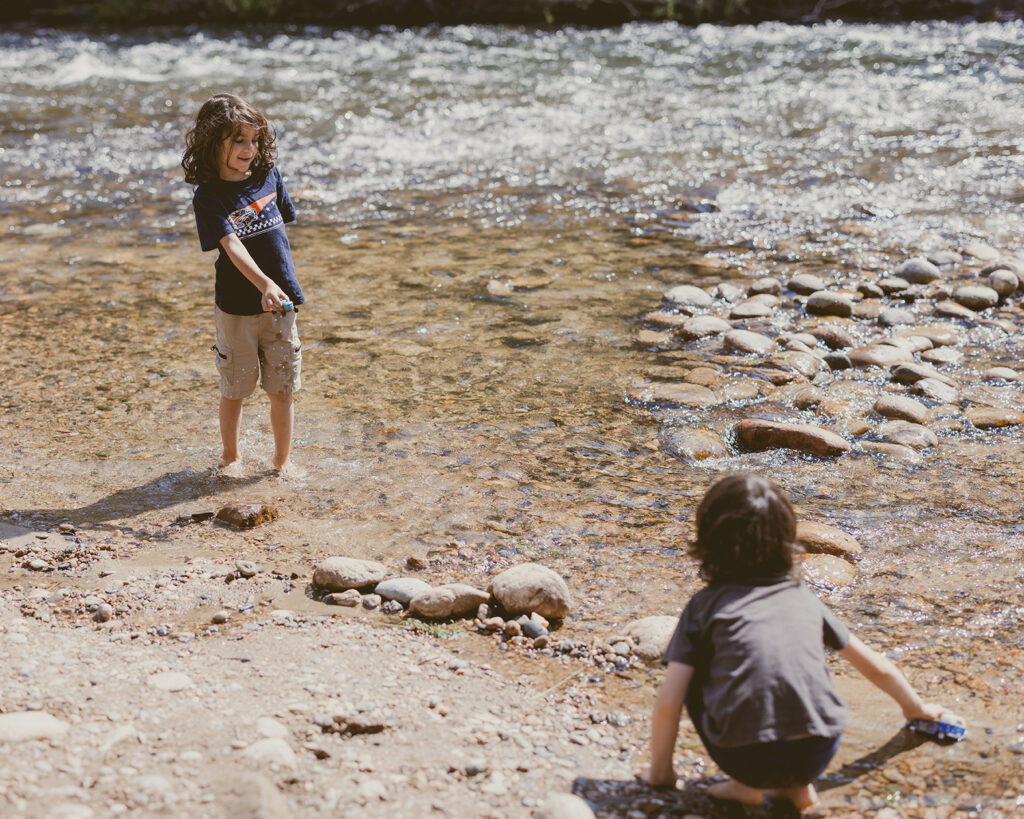
Deeper Insights & Specialties
How do you help clients prepare emotionally and mentally for birth?
Through guided exercises, open conversations, journaling, and exploring personal beliefs and fears. It’s deep work—but beautiful.
How do you help families create a birth plan?
We co-create something grounded, realistic, and aligned with their values. Not just a checklist—but a vision.
How do you tailor your support to each family?
By listening closely. No two families are the same, and neither is my approach.
What does trauma-informed care mean to you?
It means never assuming, always asking, and meeting every woman exactly where she is—with compassion and zero judgment.
How do you support clients through changes in their birth plan?
I’ve never had a client choose medical interventions like induction or cesarean. The people I serve are deeply intentional and grounded in their choices.

Practicalities & Advice
What’s something you wish more people understood about birth and postpartum recovery?
That it’s a big deal. The body and mind need deep rest and nourishment. Ignoring that has long-term consequences.
If someone is trying to decide whether to hire a doula, what should they consider?
Ask yourself: Would I feel better having someone experienced guide me through this wild and wonderful process? Or do I feel equipped to do it with just my partner? Only you know the right answer. I didn’t want a doula at my own birth—but I loved having postpartum support. It’s personal.

Final Reflections
What advice would you give someone who’s unsure if they “need” a doula?
Trust your gut. If it’s whispering “yes,” listen.
What should someone look for when choosing the right doula?
Do you feel safe, seen, and supported in their presence? Can you fully be yourself? That’s the one.
What’s the most rewarding part of being a doula for you?
Watching women bloom into their power and have the dreamy birth they hoped for. I’m just honored to walk beside them.
the free guide
5 simple steps to a smooth, fun, stress-free photo session
(straight from the best Fort Collins photographer)
Sound like something you need? Thought so.
The freebie
your sanity has been looking for.
Hello, it's me
VIP List:
First Access to Limited Events